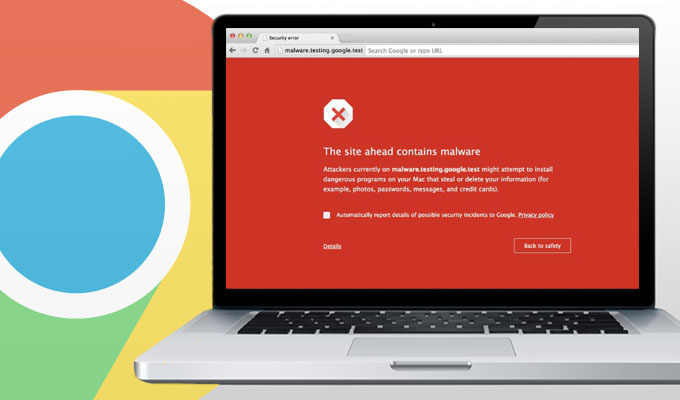
Starting a small business can be an exciting and rewarding experience, but it also comes with many challenges and risks. One of the biggest risks you’ll face as a small business owner is online security. With the increasing number of cyber attacks on small businesses, it’s essential to take steps to protect yourself and your business online. Here are some key steps you can take to protect your small business online:
Use Strong Passwords: Use unique, strong passwords for all of your business’s online accounts. Avoid using easily guessed information such as your name, company name, or common words. A password manager can also be helpful in generating and storing complex passwords.
Keep Software and Systems Up-to-Date: Software vulnerabilities can be exploited by hackers to gain access to your systems. To reduce the risk of this happening, ensure that all software and systems used by your business are kept up-to-date with the latest security patches.
Use Firewalls and Anti-Virus Software: Firewalls and anti-virus software provide an additional layer of security for your systems. They can prevent unauthorized access to your network, and detect and remove malware.
Train Your Employees: Your employees are the first line of defense against cyber attacks. Provide them with training on online security best practices, including how to identify and respond to phishing scams.
Back Up Your Data: Regularly back up your data to a secure location. This will help you to quickly restore your systems and data in the event of a cyber attack.
Be Careful When Using Public Wi-Fi: Public Wi-Fi networks can be a great convenience, but they are also a security risk. Be careful when using public Wi-Fi, and avoid accessing sensitive information such as financial accounts while connected to these networks.
Utilize Cloud Services: Cloud services can provide a cost-effective and secure way to store and access your data. Encrypt your data and be careful when granting access to third parties.
Implement a Cybersecurity Policy: A cybersecurity policy can help you establish clear guidelines for protecting your business’s sensitive information. It should include procedures for incident response, data backup and recovery, and employee training.
In conclusion, starting a small business comes with many challenges and risks, including the threat of cyber attacks. By implementing the steps outlined above, you can help protect your business from cyber threats and keep your customer data secure. It’s also advisable to get advise from cybersecurity experts and consultants to ensure your business is secure and compliant.



